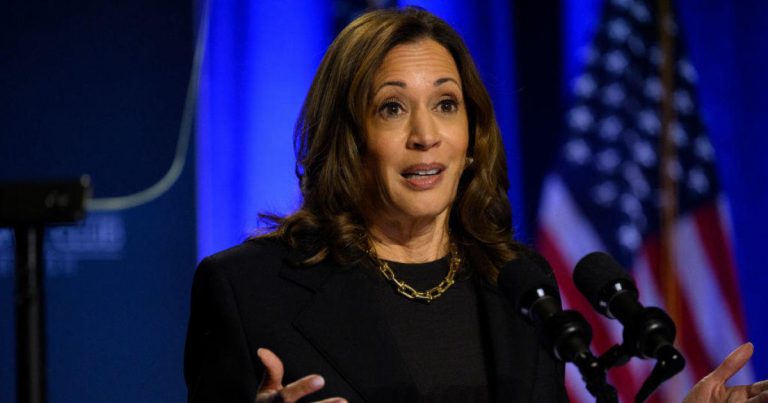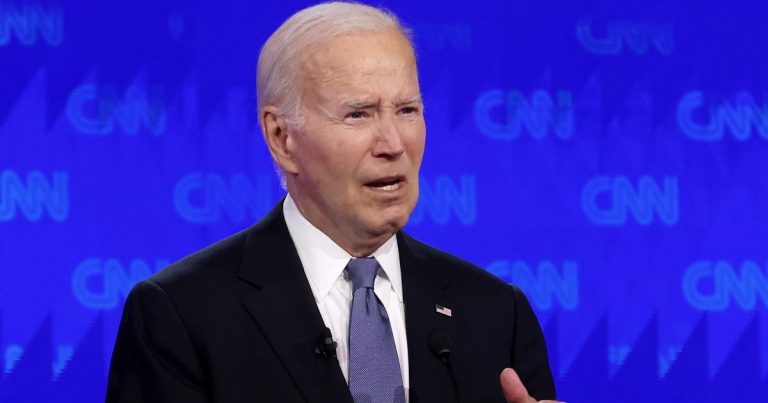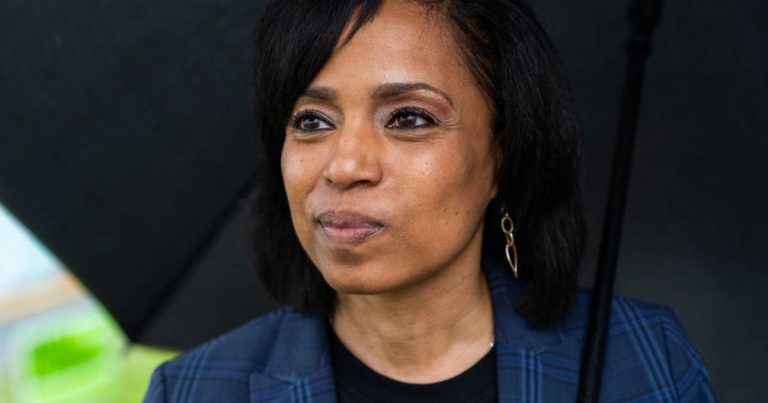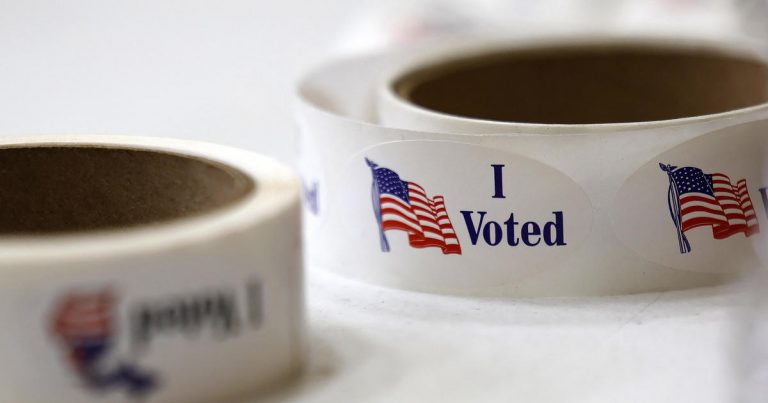Trump and Harris focus on taxes, criminals, and weaknesses in first debate.
During the highly anticipated presidential debate between Vice President Kamala Harris and former President Donald Trump, the differences in their communication styles were stark. Harris repeatedly mentioned Trump by name 38 times, while Trump didn’t acknowledge Harris once throughout the entire debate.
An analysis by CBS News delved into the words used by both candidates to understand the key themes and rhetoric they focused on to connect with American voters as the 2024 election looms closer. This analysis also compared the language used in this debate to the previous one between President Biden and Trump, revealing intriguing insights.
Breaking down the words used by the candidates revealed interesting trends. The debate opened with a question on the economy, but Trump steered the conversation towards immigration, a topic he emphasized throughout the night. He mentioned “border” 12 times and often referred to migrants when using the word “people.” Trump also repeatedly cited incorrect figures, mentioning “million” or “millions” of immigrants entering the U.S. and referring to them as “criminals” or connecting them to “crime.”
When discussing the economy, Harris and Trump used terms like “tax,” “taxes,” or “tariff” similarly. However, Harris mentioned “small business” or businesses seven times, a phrase absent in Trump’s responses in both debates. Trump focused on inflation, mentioning it nine times in both debates, while Harris only brought it up twice, highlighting her Inflation Reduction Act in one instance. Additionally, Trump talked more about jobs compared to Harris.
In terms of abortion, Trump concentrated on late-term abortion and made unfounded allegations about Democrats condoning killing newborns. He frequently used the word “baby” in his remarks, while Harris emphasized women’s bodily autonomy, using terms like “woman” or “women” and “body” in the context of abortion.
The candidates’ attacks on each other during the debate were pointed and personal. Harris referred to Trump as a “disgrace” multiple times, while Trump labeled Harris a “Marxist” and called her the “border czar,” an exaggeration of her role in managing immigration policy. The term “weak” was a commonly used jab by both candidates, with Trump describing Harris as “weak” multiple times and Harris reciprocating with similar remarks towards Trump.
Other insults were also exchanged, with Trump using words like “incompetent” and Harris citing “immoral” and “unconscionable” in reference to Trump’s actions.
The analysis of the candidates’ language and rhetoric during the debate sheds light on their priorities, focus areas, and strategies to connect with voters as the 2024 election approaches.








